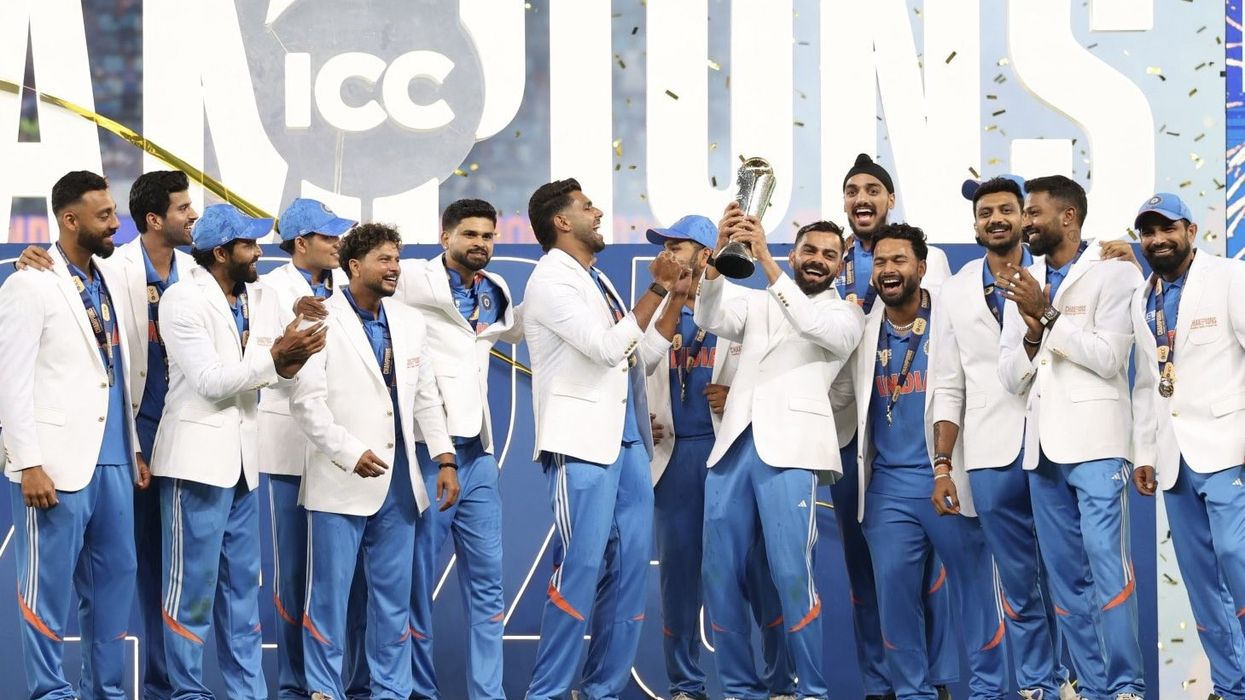HOSTS India dominated the inaugural Kho Kho World Cup, with both the men’s and women’s teams clinching titles in decisive fashion.
The men’s team defeated Nepal 54-36 in the final last Sunday (19), while the women’s squad secured a one-sided 78-40 victory against the same opponents earlier in the day.
The tournament, supported by the Indian Olympic Association, featured 20 men’s and 19 women’s teams, showcasing the growing prominence of this ancient Indian sport.
The men’s side, led by captain Pratik Waikar, showcased stellar performances from players like Ramji Kashyap, who secured key dismissals early in the match, propelling India to a commanding 26-0 lead by Turn 1.
Nepal attempted a comeback but failed to match India’s consistency.
In the women’s final, captain Priyanka Ingle led her team to an early 34-0 lead. Despite Nepal’s resistance in Turn 2, India’s efforts in Turn 3 sealed a comprehensive win.
Both teams remained undefeated throughout the tournament, with India’s prime minister Narendra Modi praising their grit and teamwork on social media. The World Cup marked a significant milestone for Kho Kho, a 2,000-yearold sport with roots in south Asia.
Despite being a demonstration sport at the 1936 Berlin Olympics, Kho Kho struggled for global recognition until recent years.
Efforts like the 2022 Ultimate Kho Kho League, which transitioned the game from outdoor fields to indoor mats and brought televised coverage, have modernised the sport.

Kho Kho is now the third mostwatched non-cricket sport in India, trailing only the Pro Kabaddi League and football’s Indian Super League.
This modernisation has particularly boosted women’s participation, providing opportunities for athletes from smaller towns.
Players like Ingle and Kashyap have become role models for aspiring athletes. However, challenges remain, including the lack of global infrastructure and professional leagues. While the World Cup introduced Kho Kho to countries like Brazil and Peru, sustained efforts are needed for its inclusion in major events like the Asian and Olympic Games.
Advocates believe these victories could serve as a stepping stone for a brighter future for the sport.




















